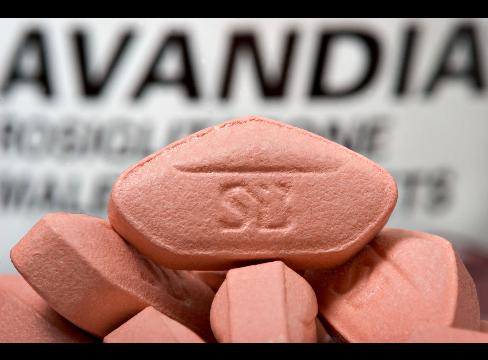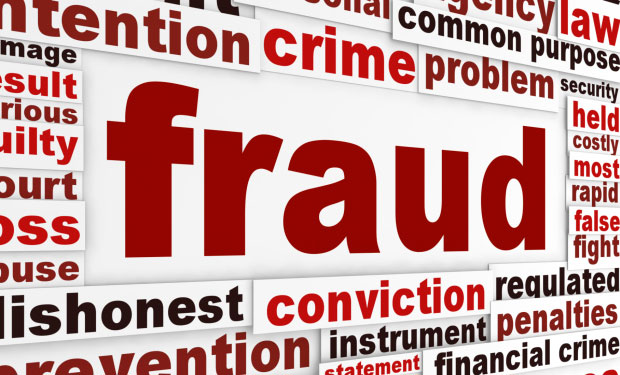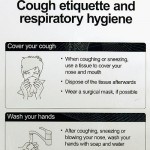Alex Constantine - December 20, 2013
“We are forced to conclude that neither the current level of penalties nor corporate integrity agreements are effective and that there is a pathological lack of corporate integrity in many drug companies.”
GlaxoSmithKline (GSK) tops list of repeat offenders
December 18th, 2013
The system that hands out financial penalties to multinational drug companies for illegal activities is failing to deter companies from repeatedly breaking the law, argues a senior doctor on bmj.com today.
Dr Sidney Wolfe, founder and senior adviser to the Health Research Group at Public Citizen, says there is a “pathological lack of corporate integrity” in many drug companies.
His views are based on the recent, sharp escalation in the frequency with which many giant multinational drug companies repeatedly engage in criminal and civil activity after previously paying enormous fines – and despite monitoring under corporate integrity agreements (CIAs) designed to prevent repeat offending.
“It seems that for some companies, commission of such criminal and civil violations has become part of their business models,” he writes.
In 2012, Wolfe and colleagues recorded all civil and criminal penalties paid to the US federal and state governments by pharmaceutical companies from January 1991 to July 2012 – a total of $30.2 billion. More than half of the penalties were for illegal promotion or illegally overcharging government programs for drugs, such as Medicaid.
In the past three and a half years alone (2009 to mid-2012), criminal and civil, well over half the total for the past 21 years.
The largest growth has been for criminal penalties, leaping more than fivefold from $920 million in 2005-2008, to $5.1 billion from 2009 to mid-2012.
GlaxoSmithKline (GSK) topped the list of repeat offenders with total criminal and civil penalties of $7.56 billion since 1991. Pfizer was the second highest with $2.96 billion. Overall, since 1991, 11 other pharmaceutical companies also had criminal or civil settlements or both exceeding $50m on at least two occasions.
An analysis of the repeat civil payments and criminal penalties by GSK and Pfizer based on publicly available government documents “illustrates the failure of such large penalties and the parallel failure of the accompanying CIAs to curb such behavior,” writes Wolfe.
It shows that from 2002, both GSK and Pfizer were repeatedly fined, the total exceeding billions of dollars, by the US government for illegal conduct, such as fraudulent drug pricing, illegal off-label marketing of drugs, and paying kickbacks to healthcare professionals to induce them to promote and prescribe certain drugs.
During this time, both companies signed a series of CIAs, designed to prevent recurrences of such behaviour.
Wolfe points out that profits in 2012 alone for GSK amounted to $7.7 billion and, for Pfizer, $10 billion, both greater than the entire amount the companies paid to the government during the 21 plus year interval from January 1991 to mid-2012.
He and his colleagues are currently pursuing litigation against the government to obtain documents relating to the degree of “compliance” with Pfizer’s 2004 CIA.
“These escalating patterns of repeated criminal violations and civil settlements to resolve serious allegations of civil lawlessness hardly bespeak corporate integrity for GSK, Pfizer or the many other companies who are also repeat offenders,” writes Wolfe. “We are forced to conclude that neither the current level of penalties nor corporate integrity agreements are effective and that there is a pathological lack of corporate integrity in many drug companies.”








